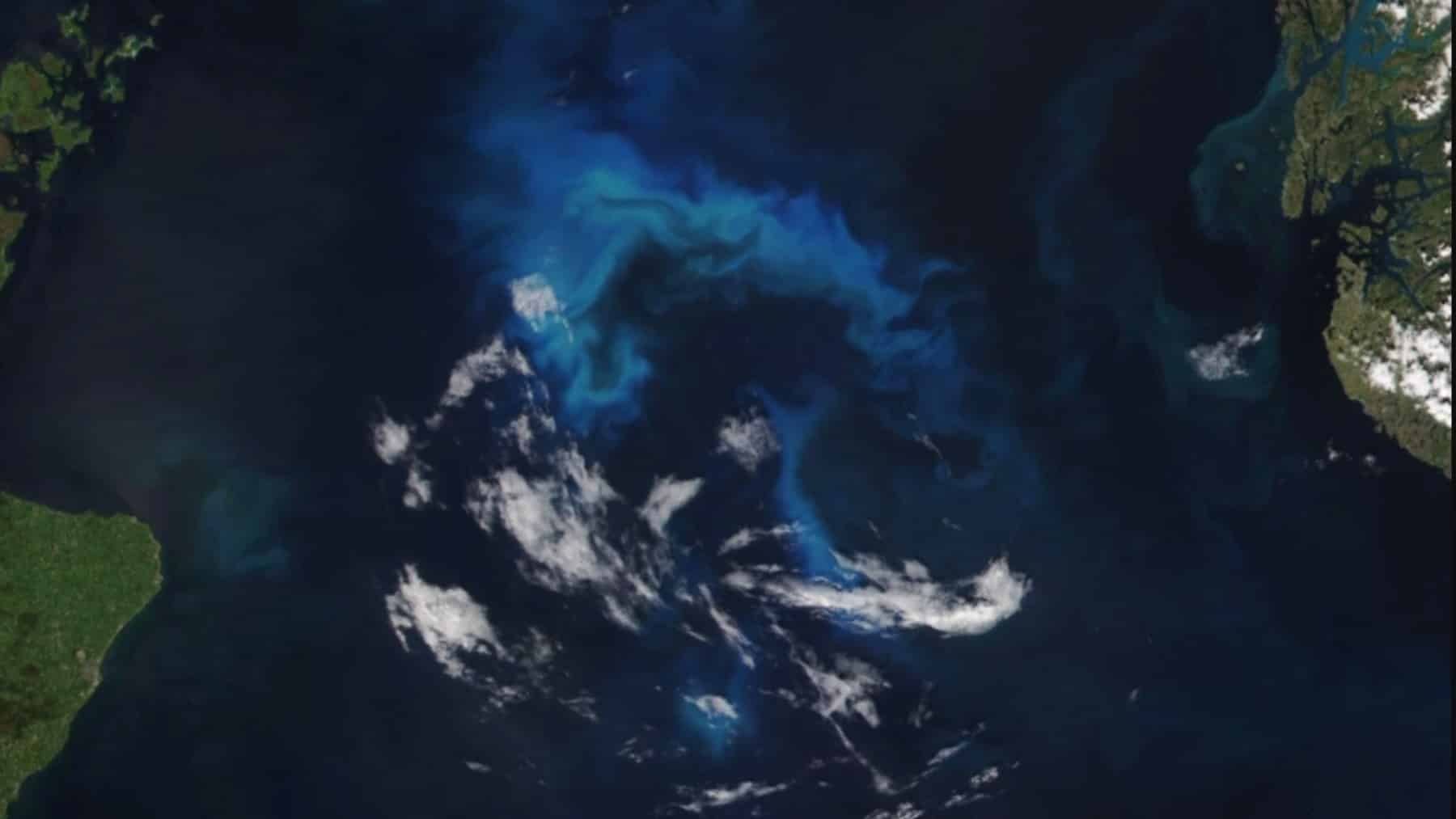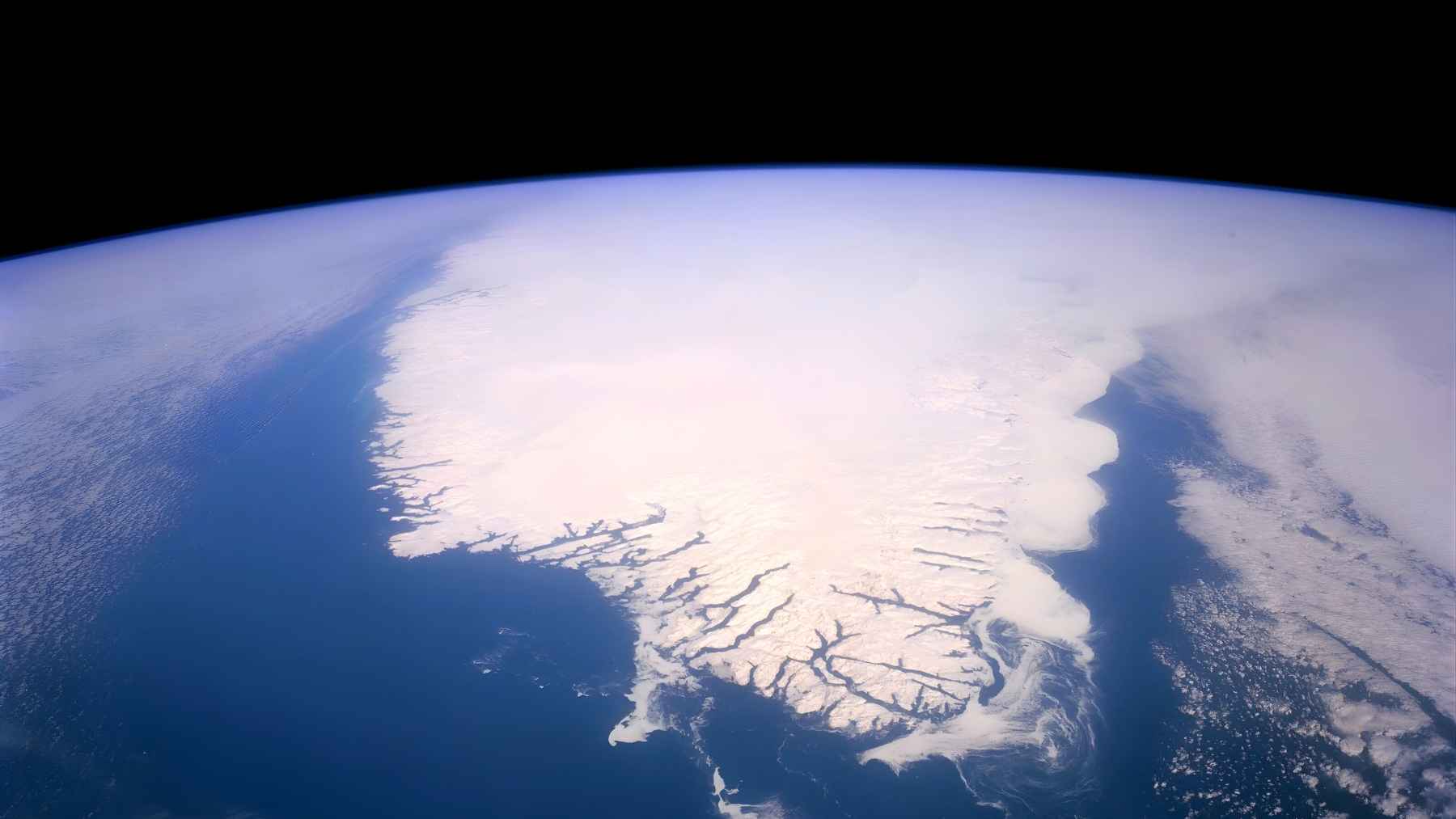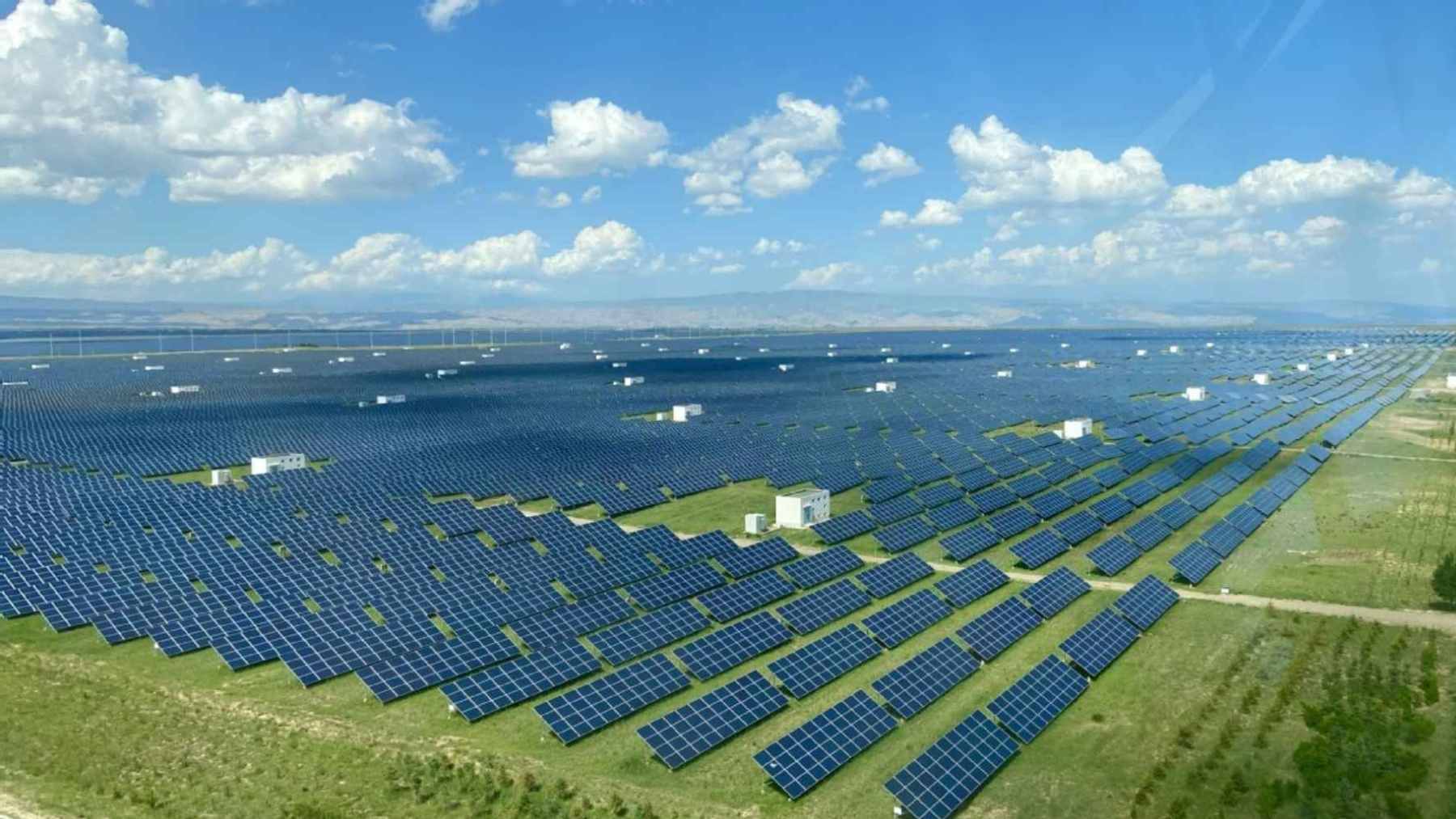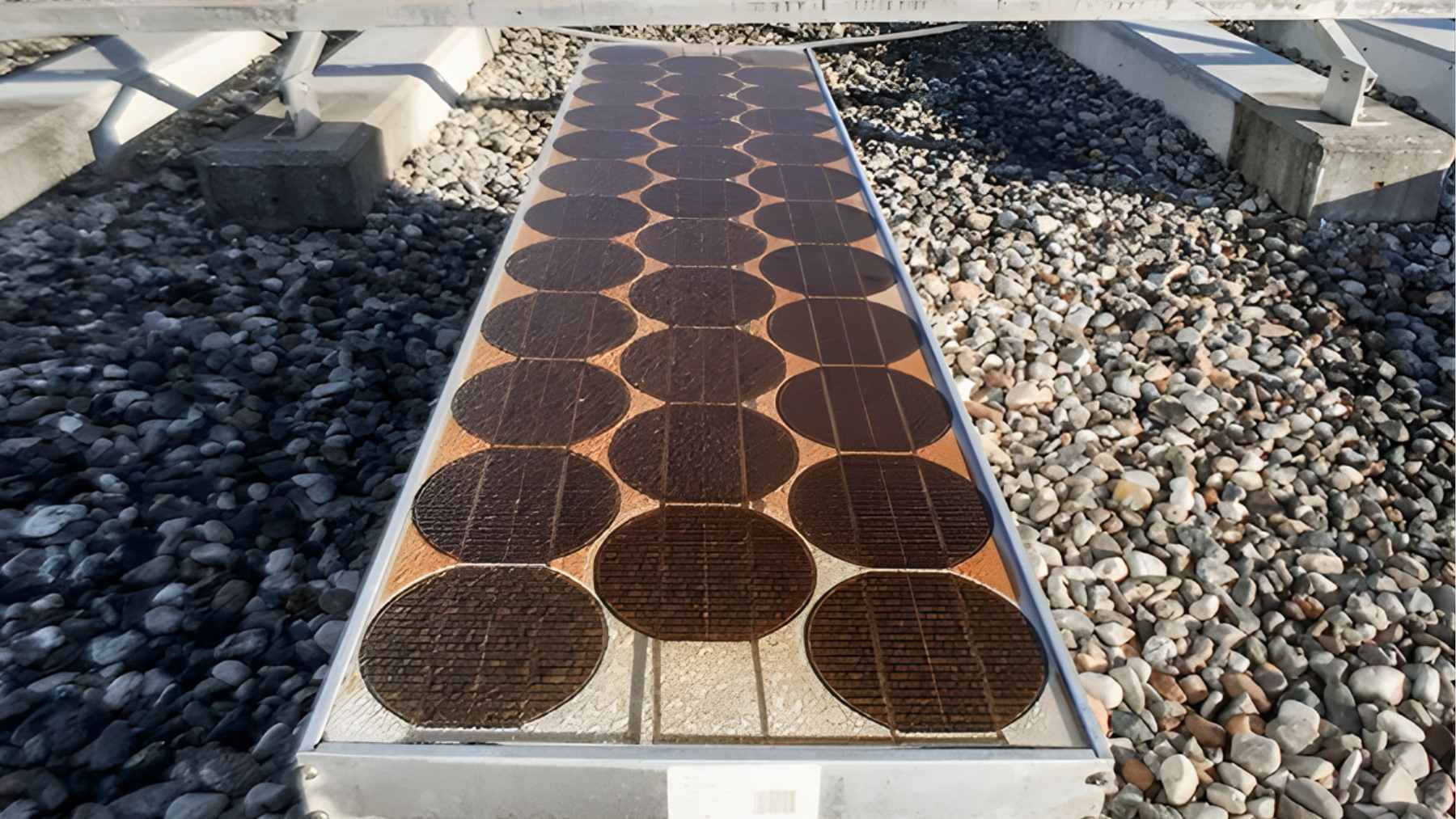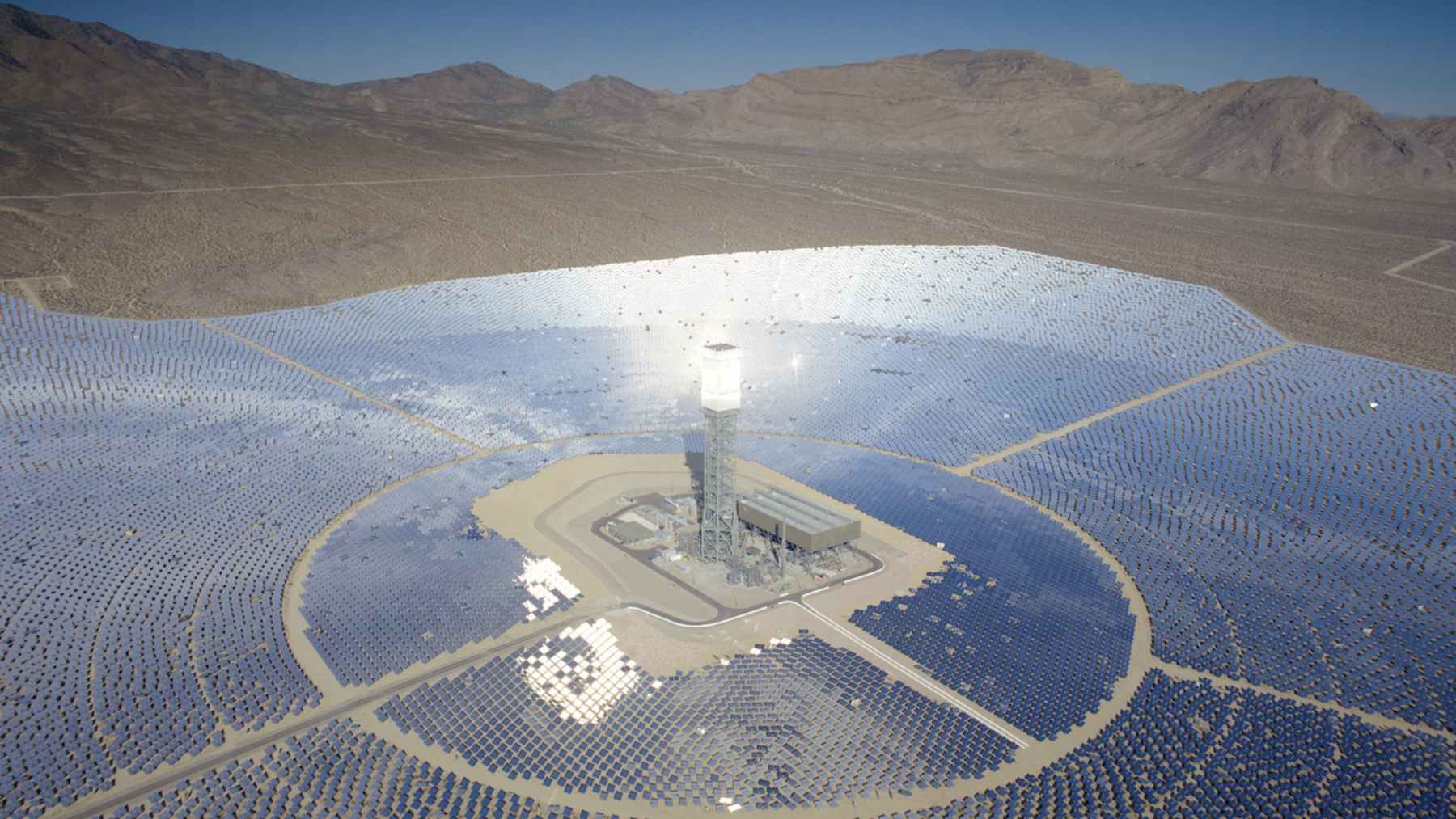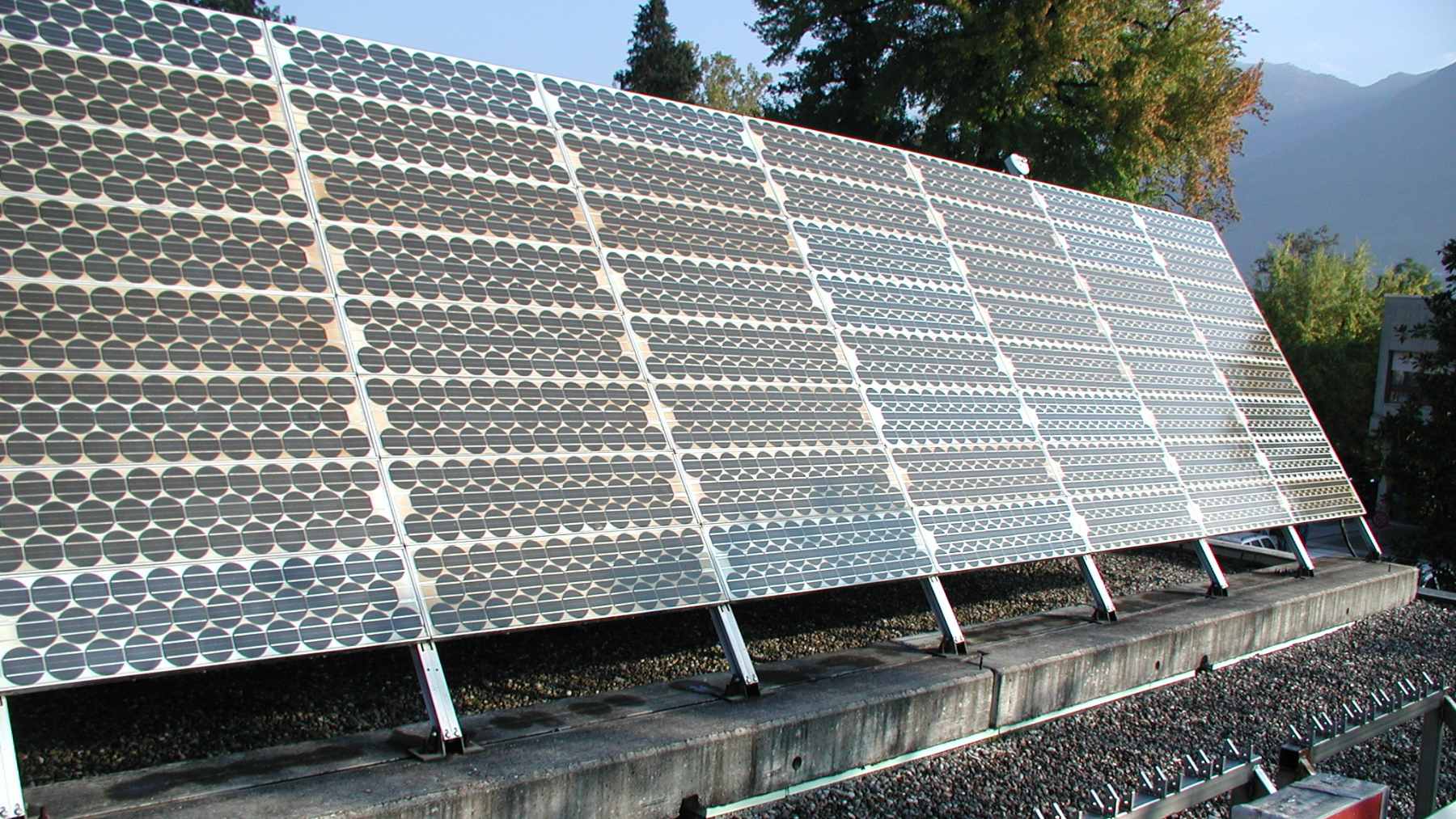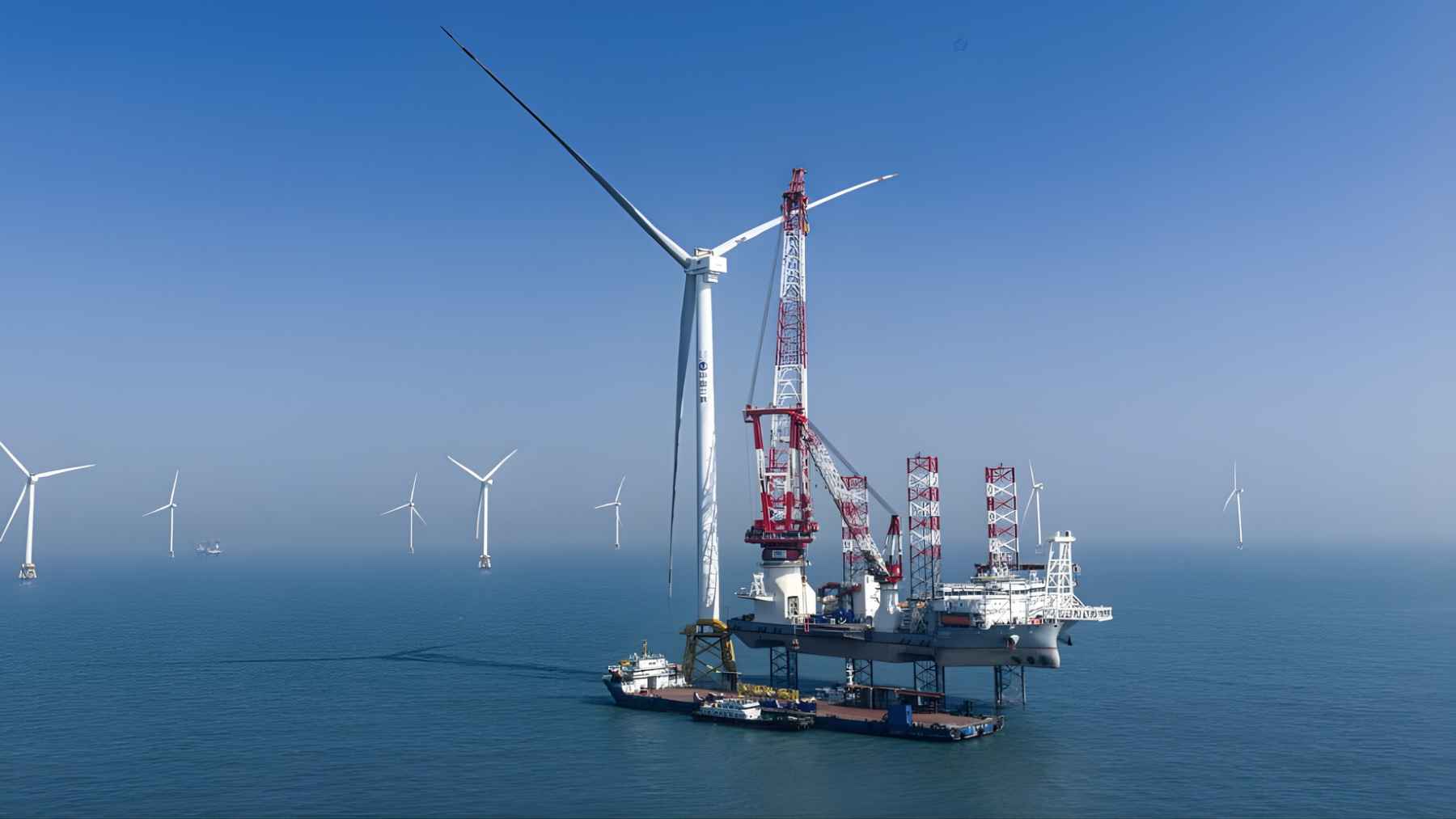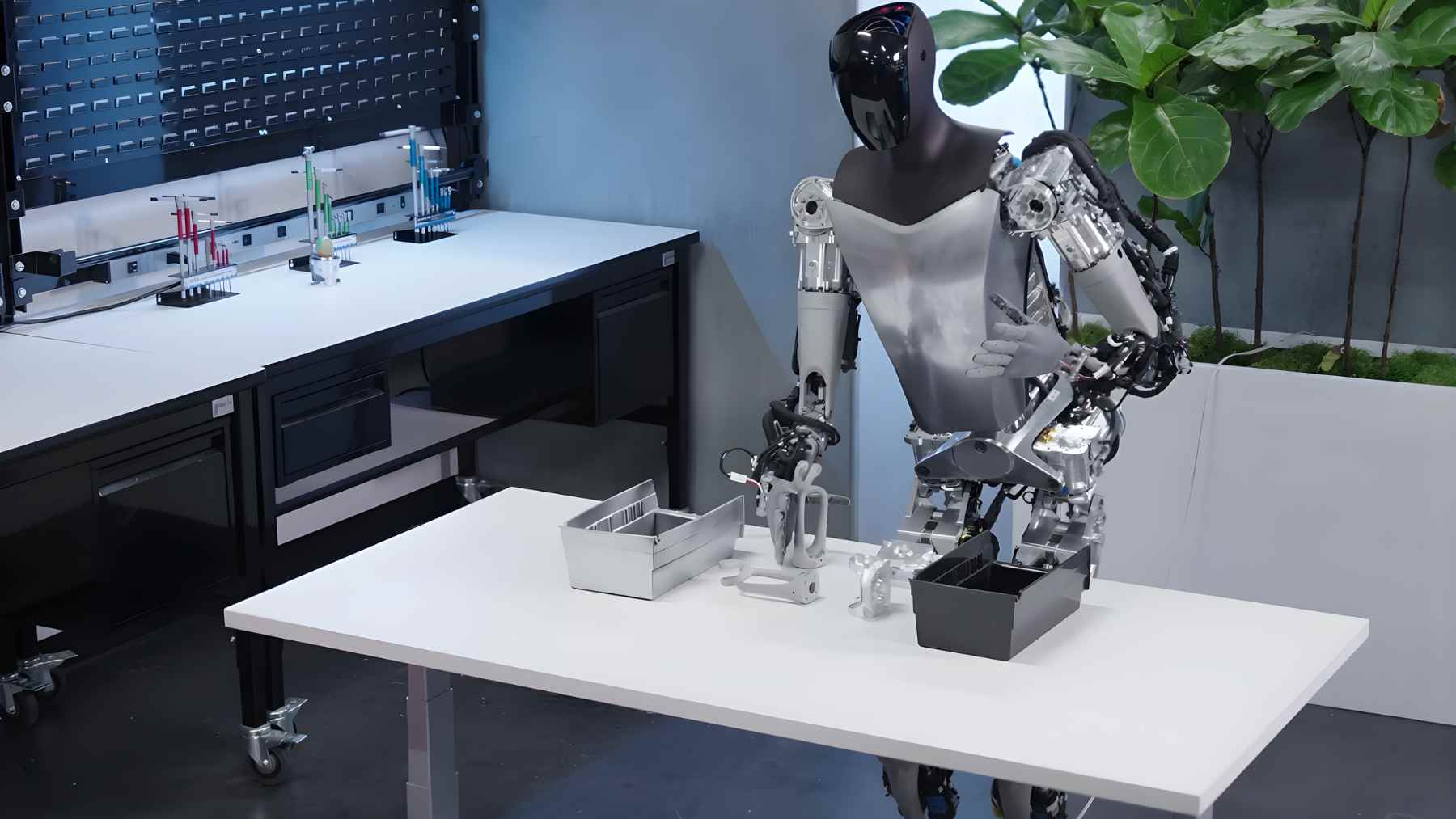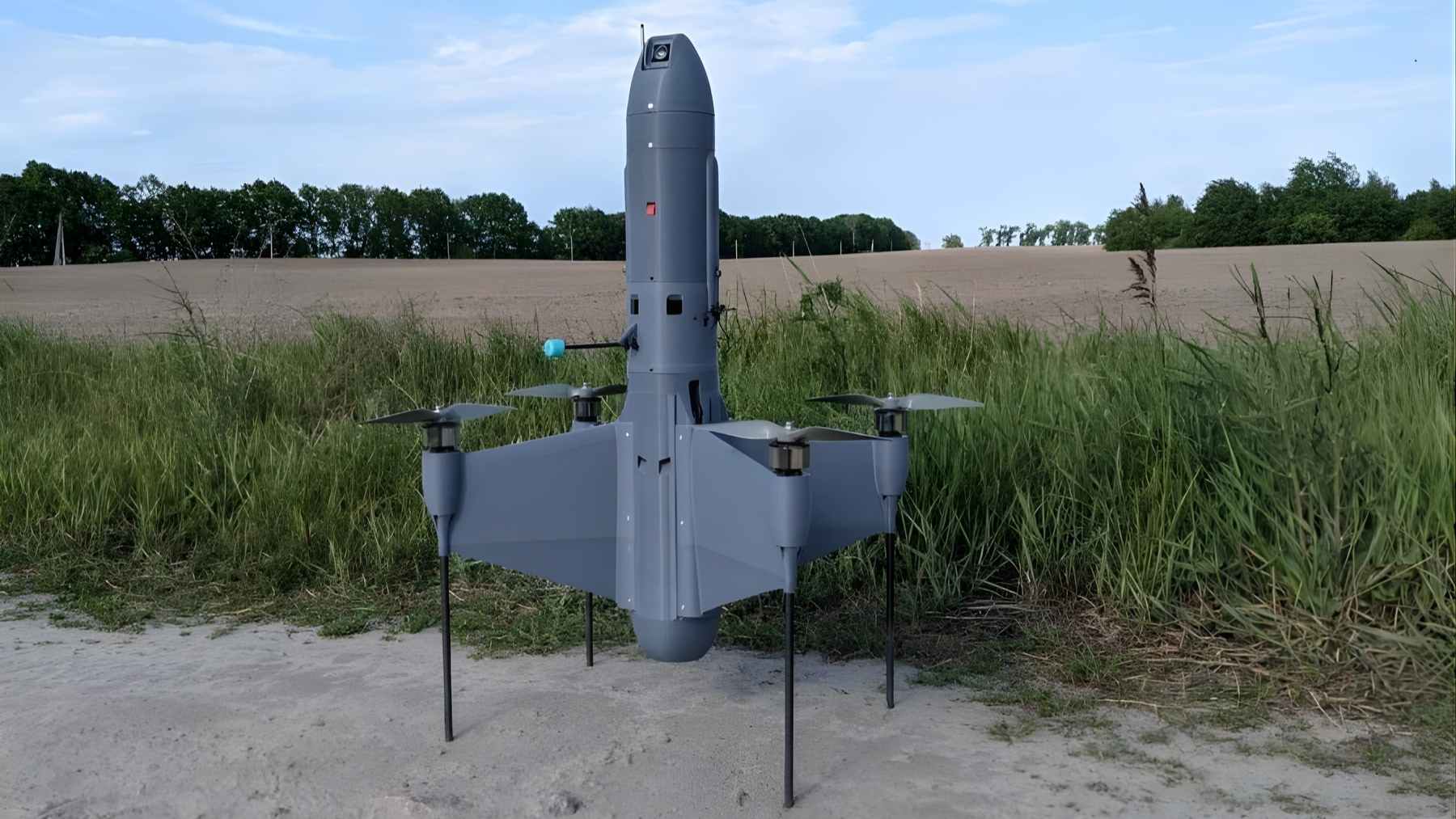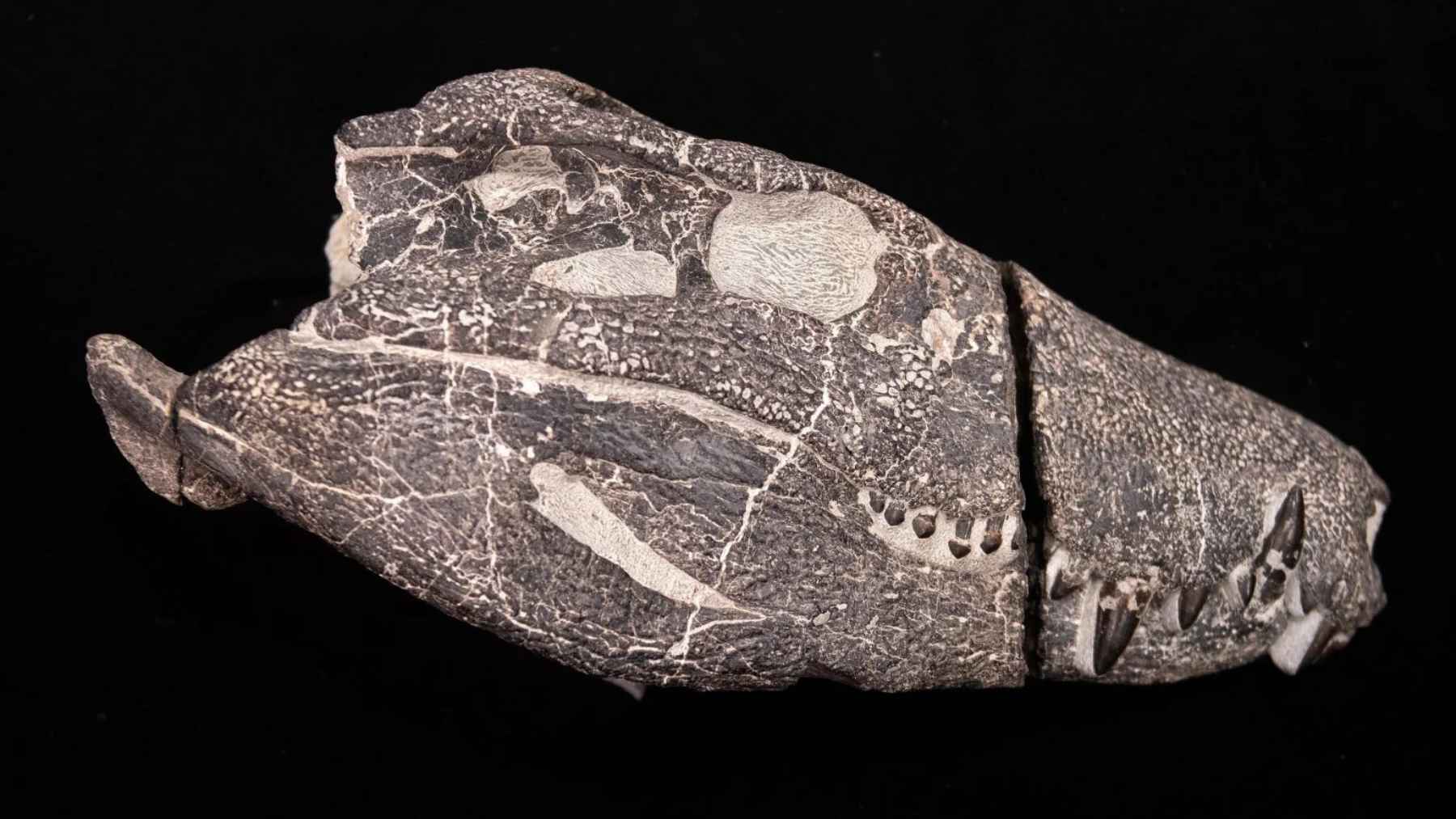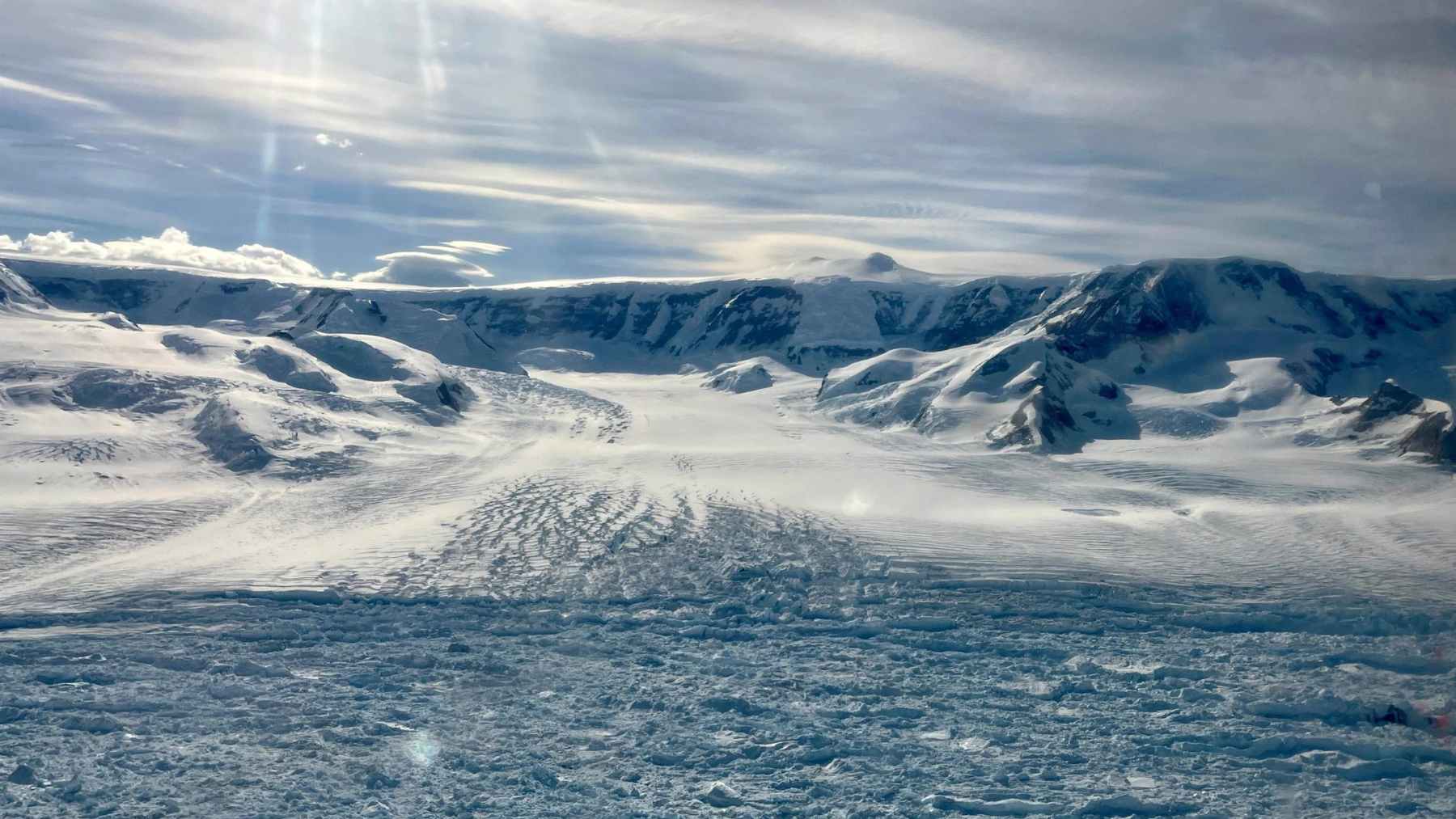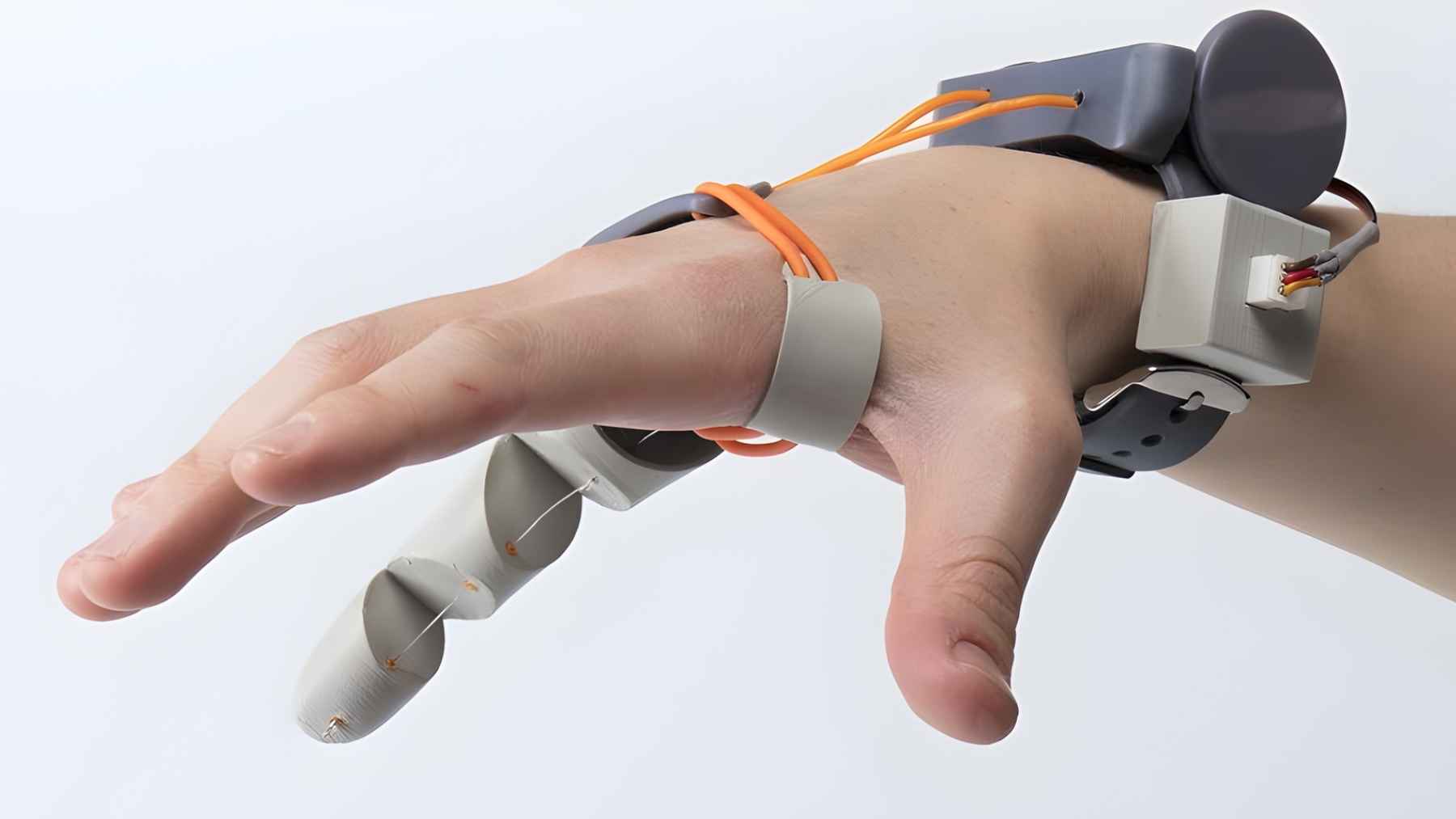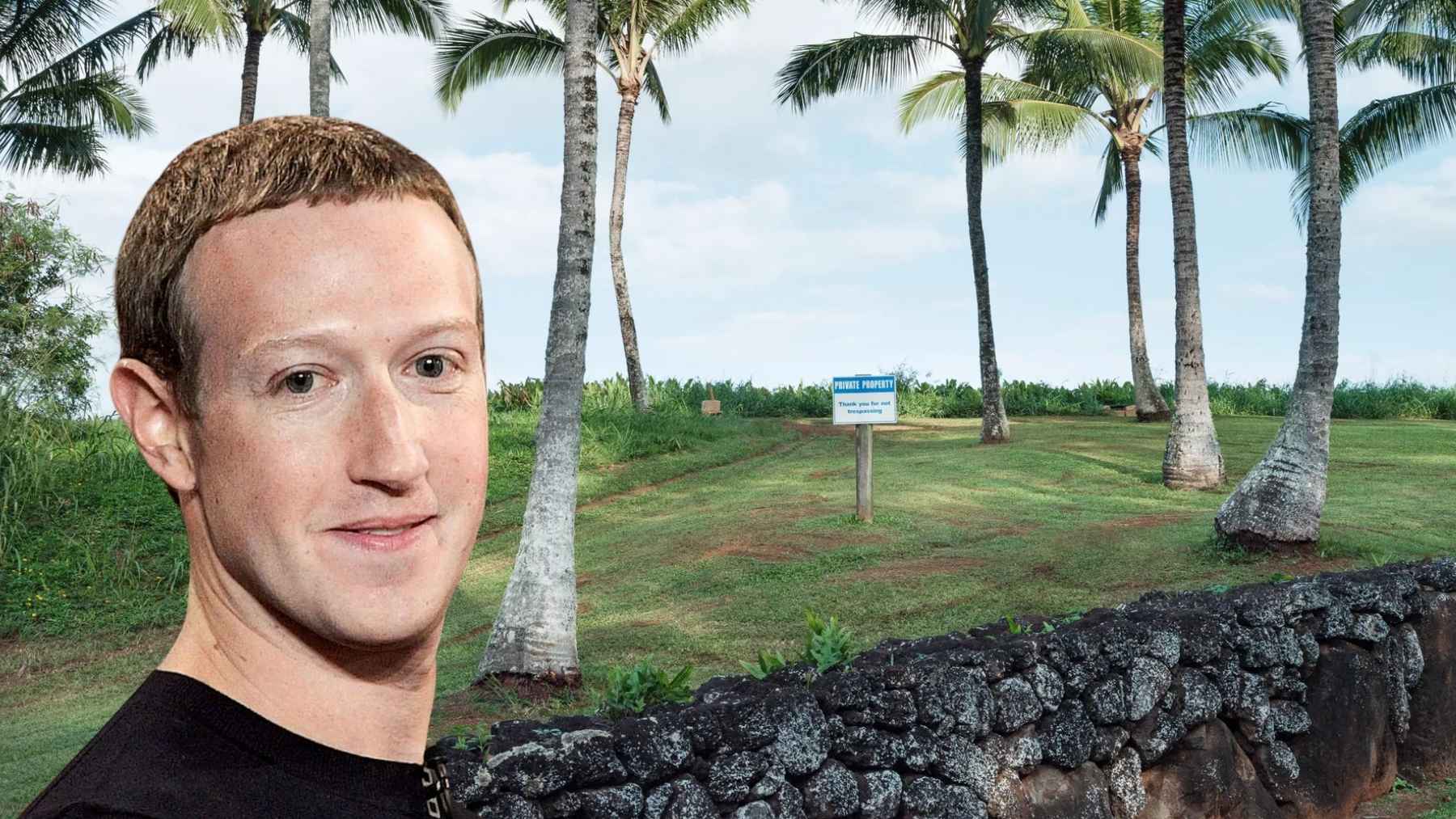Although proposed about two centuries ago, the idea of utilizing the temperature difference that occurs in ocean water to generate electricity has thus far been seen as far-fetched. The myth of tapping into the energy source hidden within the depths of the ocean’s waves has now become a reality,y with Europe being at the very forefront of this myth turned into reality.
Contemplated long ago but brought to reality now
The French physicist, Jacques-Arsène d’Arsonval, proposed the idea of ocean thermal energy conversion (OTEC) in 1881. This French physicist understood the thermal potential stored within the oceans. Jacques-Arsène d’Arsonva scrutinized the very difference between the warmer surface of the water and the colder depths of the ocean and proposed that this temperature difference could perhaps power turbines and, in turn, generate electricity. The idea masked the depths of scientific brilliance; however, it was far beyond its time and therefore was met by considerable challenges, preventing the adoption of the idea at that time. Various challenges that stood in the way of successful adoption included cost challenges and engineering difficulties.
OTEC has signified the return of the French physicist’s point of view, and it has come at quite the right time.
Despite OTEC having created prototypes as early as the 20th century, none of their prototypes could reach the commercial scale. With economic feasibility, technological prowess, and the need for climate change, the Global OTEC, a UK-based startup, is all set to deploy the first-ever commercial-scale floating OTEC platform, called Dominique, in São Tomé and Príncipe by 2025.
The intention of OTEC is to utilize the temperature gradient between surface-level water(~26°C) and the deeper ocean currents (~4°C). When harnessed in a closed-cycle system, the gradient will be able to vaporize a low-boiling-point fluid (like ammonia), to turn the turbine. The vapor is thereafter condensed yet again with cold seawater. The repetition of this cycle is what will lead to power generation.
In Europe, it is PLOTEC, a pan-European initiative, is enabling OTEC platforms to withstand the changing weather of the tropical oceans.
Europe tapping into hidden energy sources
The principle of OTEC tends to have more appeal for Small Island Developing States (SIDS), particularly places like São Tomé and Príncipe, the Turks and Caicos Islands, and Mauritius. OTEC could not only reduce the reliance on diesel power, but also bring to the shores considerable advantages such as:
- Green hydrogen production via electrolysis is enabled by renewable electricity.
- Production of desalinated water that is safe for drinking.
- The ability to use cold seawater for air conditioning purposes and refrigeration.
Green hydrogen production means that the focus will finally be turned away from the production of black hydrogen, and this in itself is a feat worth taking note of.
Japan is also increasing efforts with the 100-kW OTEC demonstration in Okinawa Prefecture being expanded into a 1-MW plant by 2026.
These OTEC projects have gone further than merely academic knowledge. According to OTEC studies globally, larger-scale OTEC plants will be able to deliver electricity at $0.05 per kWh, comparable to most clean energy sources.
The ocean as an energy source: The myth turned real
While the ocean’s energy was seen as a source of cleaner energy many years ago, the realization that the ocean can generate power does not depend on the weather and provides several other benefits, including that of water security, which is being embraced now.
With OTEC’s entrance into the global sphere, Europe is seen as a leader, mainly in its commitment and focus on energy generation and information for better energy generation. OTEC is at the forefront of turning a vision that was envisioned back in 1881 into less of a myth and more of a reality. This 200-year myth has been confirmed, taking scientific curiosity from the past and turning it into innovations in favor of powering a more sustainable future, one wave current at a time.
